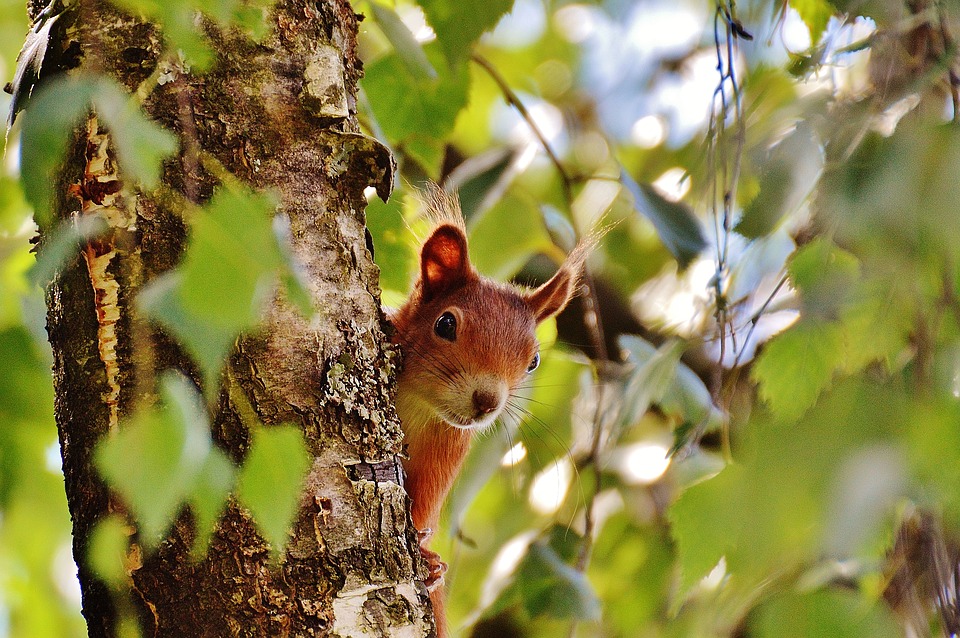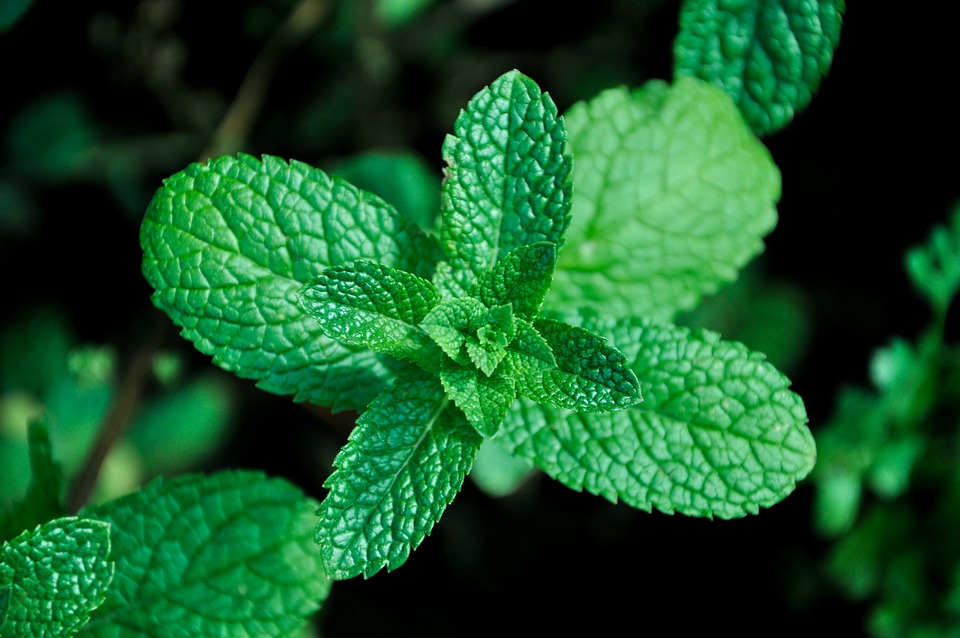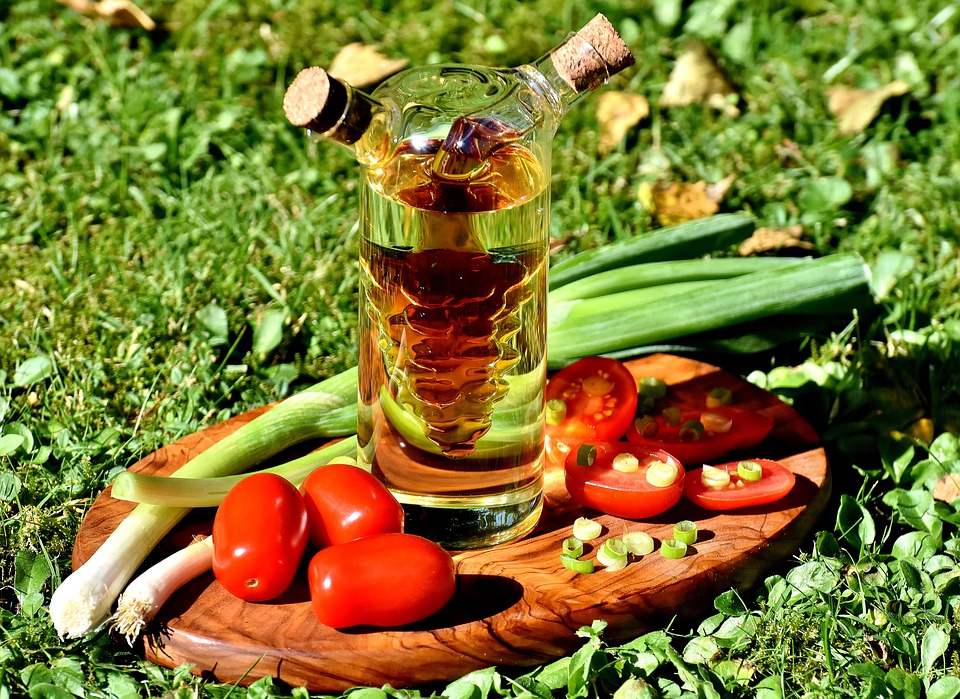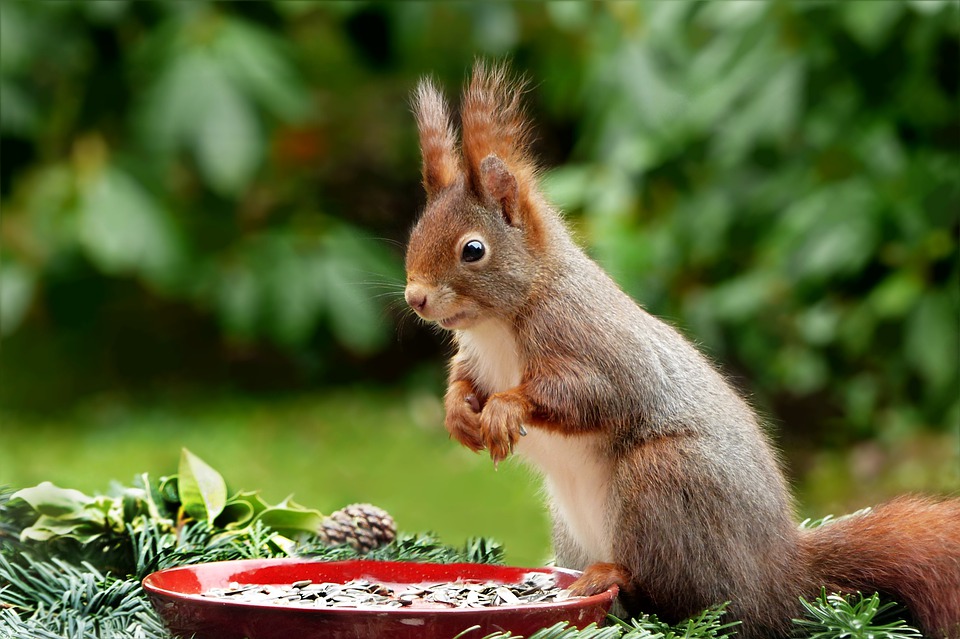Field rats, voles or field mice, these small animals that nest in the garden are rodents, and they can cause a lot of problems! Voles, for example, bite the roots of trees and tubers such as carrots and potatoes. It is possible to protect the garden from rodents without using pesticides and without being cruel to small mammals. Opt for these natural solutions that are healthy, respectful of the environment and animals.
1) Plant Eucalyptus
Plant a eucalyptus in your garden, and do not hesitate to make small piles of leaves here and there. Rodents will keep away since they are bothered by the smell.
2) Castor Oil and Elderberry
Amateur gardeners use two natural products: castor oil and elderberry. When planting tulip and crocus bulbs, a drop of castor oil can be poured into each hole. This oil will make rodents flee away!
3) Noise
To keep land voles away, remove the base of plastic bottles, and place them at each entrance. This way, the wind will blow into the bottles, and the voles, not being able to withstand this noise aggression, will go elsewhere. Similarly, there are commercially available ultrasonic traps that keep unwanted rodents away.

4) Keep the Bottom of Trees Clear
Voles love the grassy areas around trees. To limit their appearance, cut the grass around the trunks and avoid placing mulch near them.
5) Install Traps to Capture Rodents Without Killing Them
Place a piece of cheese in the cage and wait for the rodent to show up. A spring system with a lever will then capture the rodent that will not escape without your help. You can then release the animal in a nearby wood or forest.
6) Invest in Mint
Mice and rats hate the smell of mint, so don’t hesitate to plant some in every corner of your garden.

7) Use Clove
Like peppermint, rodents do not appreciate the smell of cloves. It is advisable to place cloves in a cloth where mice pass by. Even more useful: use a cotton pad soaked in clove oil.
8) Aluminum Foil
An old secret that works: surround the object you want to protect with aluminum foil to keep rodents away. They don’t like its smell, noise, and slippery surface. It is also possible to fill in the holes by forming a small ball of aluminum foil.
9) White Vinegar
Weasels are small nocturnal mammals that are also known for the various damage they cause. For instance, they can nibble on electrical wires, devastate the hen house, steal cat or dog food and eat fruit from the orchard. These animals do not like strong smells. So clean the surroundings from top to bottom with a mixture of white vinegar, water, and a few drops of dishwashing liquid. For the garden, spray around with white vinegar.

10) Rodent Repellent Plants
The pungent smell of some plants is known to keep rodents away. This includes the euphorbia (toxic plant), the scrub, the fritillaries, the scilla, the hyacinths, the melilotus, or the incarvillea. Thus, it is advisable to grow these repellent plants all over the garden or place branches of them directly on the crop beds.
11) Professional Rat Control Services
There is still the possibility of calling in rat control professionals at a high cost, but with real results.
Of course, these professionals are likely to use rat poison, but you can request ecological solutions (capture traps, for example).
These are the most commonly used methods to protect our crops against rodents, with variable results depending on the particular conditions and a nuisance degree. Share any other tips that we might have missed in the comments below!



